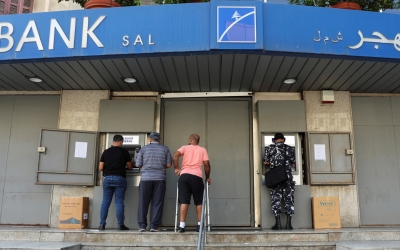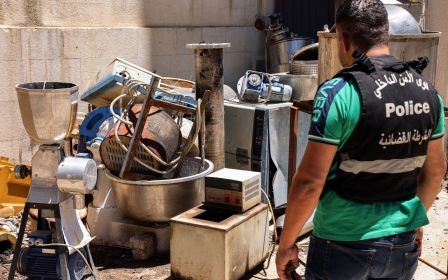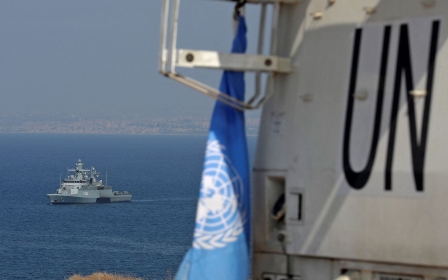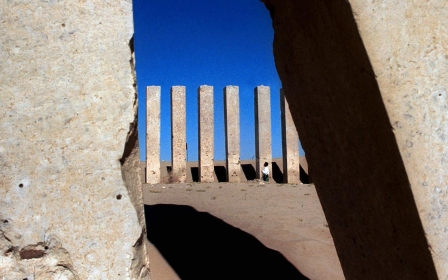Lebanese lira reaches record low of 100,000 to the dollar
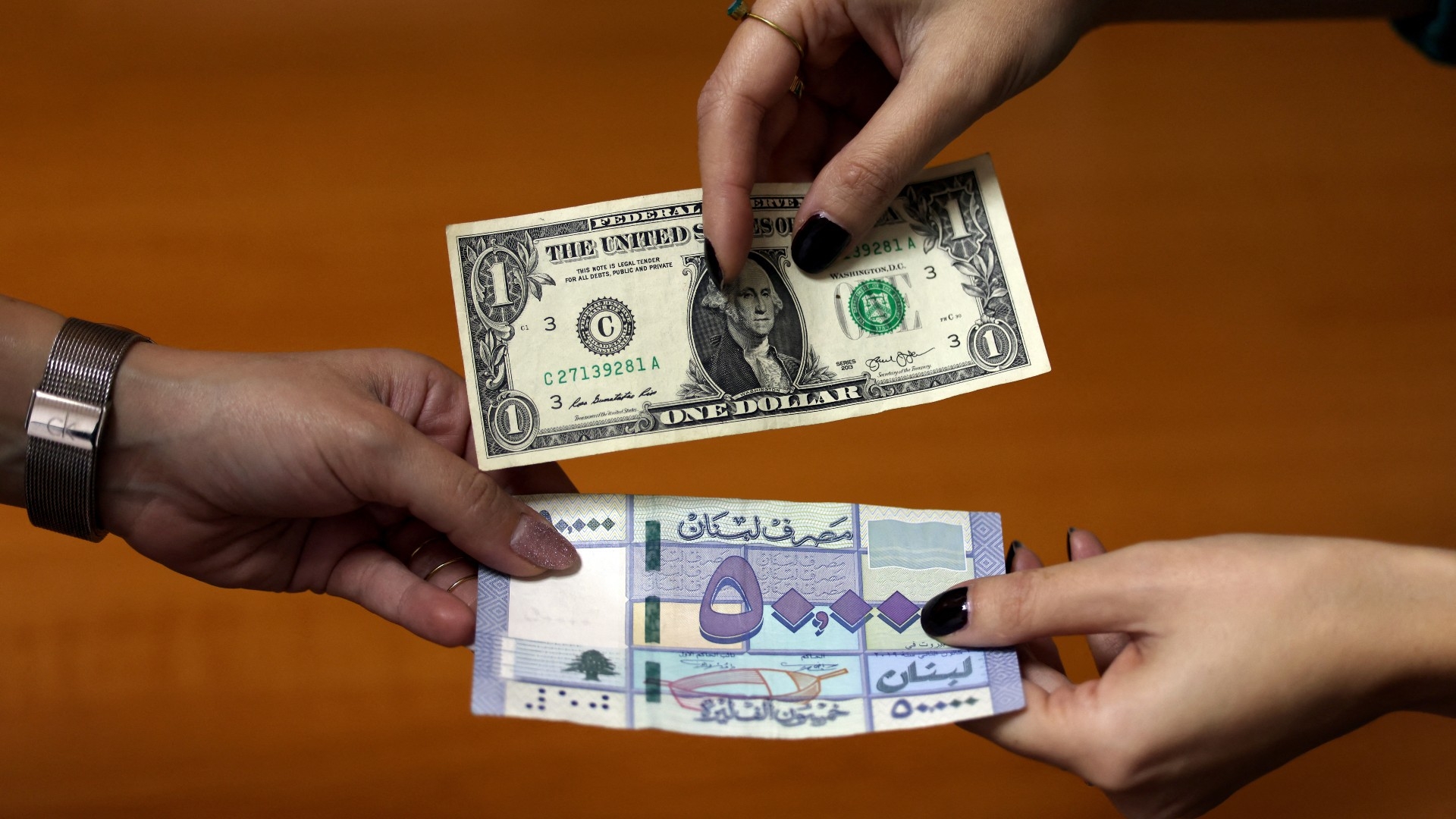
The Lebanese lira has plummeted to a new historic low, trading at 100,000 against the US dollar on the black market.
While the currency is still officially pegged at 15,000 liras to the dollar by Lebanon’s central bank, private dealers reported a new record low in the shadow economy on Tuesday.
This means that Lebanon’s largest bill in circulation is worth just $1, a staggering decline from $66 before the financial crisis hit in 2019 when the lira was traded at 1,507 to the dollar.
The Lebanese currency is the worst performing in the world this year, according to data compiled by Bloomberg.
Lebanese banks have imposed strict restrictions on withdrawals for several months, leading to public outrage and even armed raids by depositors.
New MEE newsletter: Jerusalem Dispatch
Sign up to get the latest insights and analysis on Israel-Palestine, alongside Turkey Unpacked and other MEE newsletters
Banks were closed on Tuesday, as they continued an indefinite strike in protest against judicial measures aimed at lenders.
Following lawsuits filed by depositors attempting to retrieve their savings, judges have sought to seize the funds of bank directors and board members, as well as force them to pay dollar deposits at the pre-crisis 1,507 exchange rate.
The huge decline in the lira has forced restaurants, supermarkets, and other businesses to set prices in dollars.
Meanwhile, those paid in liras are now struggling to buy basic goods, while others have seen their savings completely evaporated.
An estimated 80 percent of Lebanon's population is now living below the poverty line, as part of what the World Bank has deemed potentially one of the three worst economic crises of modern times.
Lebanon has had a caretaker government since last year, and no president since Michel Aoun’s term ended in October.
Despite several attempts in parliament, rival political factions have been unable to agree on a consensus candidate.
In April last year, the International Monetary Fund (IMF) agreed to a $3bn loan to Lebanon that was conditional on a wide range of fiscal reforms.
Middle East Eye delivers independent and unrivalled coverage and analysis of the Middle East, North Africa and beyond. To learn more about republishing this content and the associated fees, please fill out this form. More about MEE can be found here.


